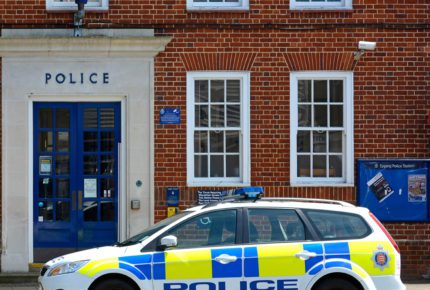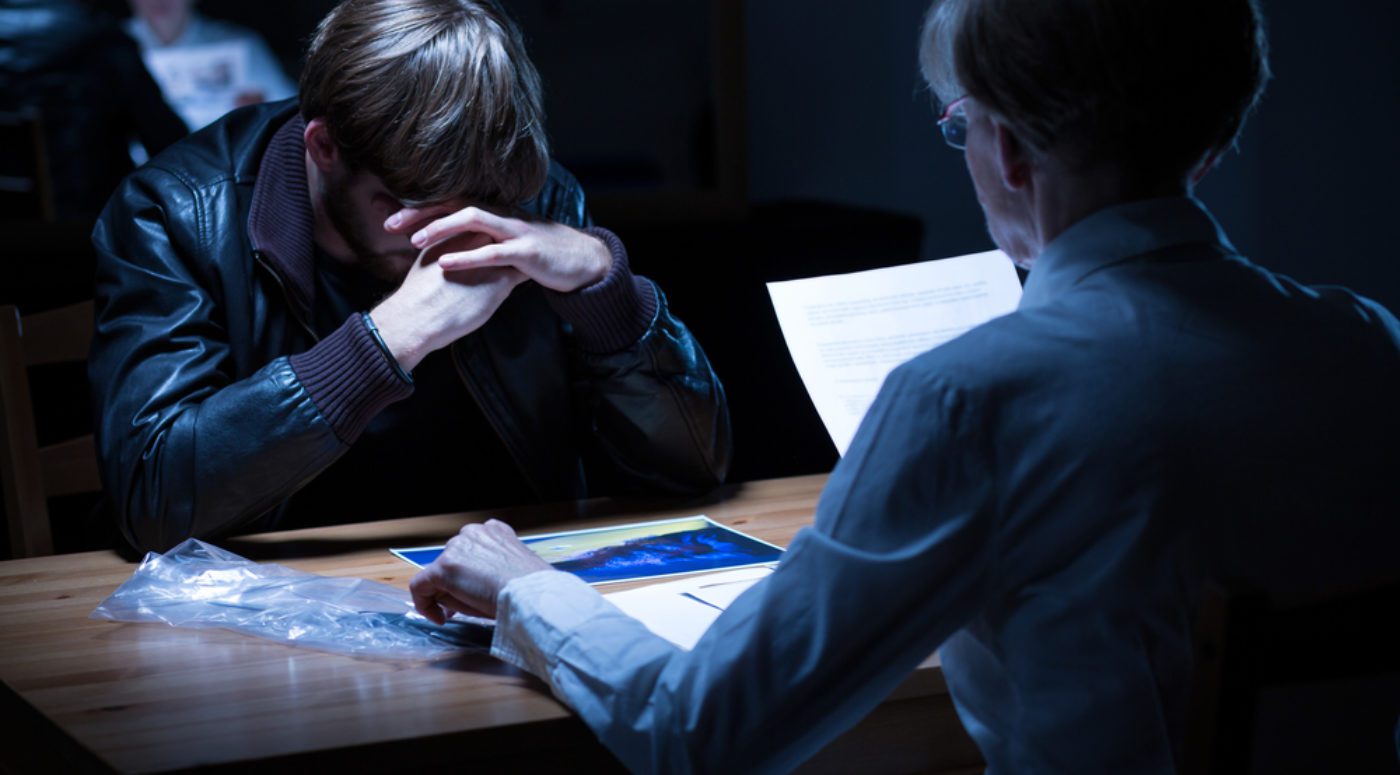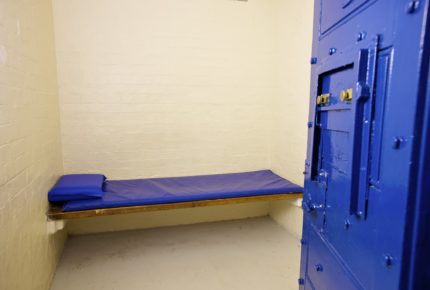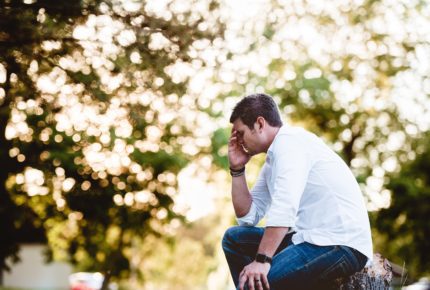

There is no question that being interviewed by the police under any circumstances – whether you are suspected or accused of a crime or not – can be a frightening experience. Understandably, many people find themselves anxious about what they might be asked, what they might say, and what the outcome of any interview might be. For these reasons alone, understanding what happens at a police interview in advance of any such event can be beneficial. These benefits relate not only to the fact that understanding the interview process gives you a clearer picture of what could happen, but also because it may help to dispel any myths or misunderstandings that you may have. Read on to discover what happens at a police interview in the UK, and to learn about some common myths around the interview process.
What are my rights when arrested or detained at a police station?
Before we go into any further detail about the police interview, you should know your rights when you arrive at a police station having been arrested or otherwise detained. Upon arrival, a custody officer should explain to you your rights, which include:
- The right to have someone informed of your arrest. This could be a family member or a friend, or someone else – e.g. a neighbour – you trust to inform those closest to you if you are unable to get hold of them on for a particular reason.
- The right to be given free legal advice. If you do not already have a solicitor, you are entitled by law to get advice from the duty solicitor, who should be available in person at the police station or by phone (phone calls could be more common in rural areas or at certain restricted hours, such as in the middle of the night or over a Christmas break, for example).
- The right to see the Code of Practice. If you have any doubts about how you should be treated or the standards to which police officers are held, you are entitled to view the Code of Practice, which – among other things – sets out how interviews are to be conducted.
- The right to medical attention. If you were injured during the events that led to your arrest or detention, or you are otherwise feeling ill, you have the right to receive medical attention. Basic first aid may be administered by a police officer but you should be seen by a doctor in the station or taken to a hospital if the situation warrants it.
- The right to a written notice of your rights. If at the time of your arrest or detention you are unclear as to what happens at a police interview, you have the right to request a written notice of your rights, which includes information such as how often you are allowed a break to use the restroom, get a drink, or have some food. If you cooperate with officers and remain calm, you are likely to be given drinks or small snacks upon request anyway.
What happens during a police interview?
The first thing that happens when you are interviewed at a police station is that you are given a caution. This is why you may hear some people refer to a police interview as an ‘interview under caution’. As you are cautioned, the police officer will say:
“You do not have to say anything. But it may harm your defence if you do not mention when questioned something which you later rely on in court. Anything you do say may be given in evidence.”
The officer should also remind you that speaking to them is voluntary and as such, if you wish to remain silent or answer ‘no comment’, you may do so. Whatever you do say should be recorded, at least in writing or usually by audio/video, and you should know that that recording is likely to be used in court as evidence if you plead not guilty to the offence.
Once you are in the interview room, you are likely to be with at least two officers. The officers will question you regarding you involvement or suspected involvement in a certain criminal offence, or offences. The officers may ask you about the incident(s) directly, or they may ask you broader questions about what you were doing on a certain day or at a certain time. They could ask about your family life, your work patterns, what you do in your free time, your relationships with family, friends, or a certain individual, or anything else that provides context to the situation that they are investigating.
The interview may seem like an informal discussion in some cases. While this may set you at ease (and you may be grateful for that), you should remember that this is a tactic used to make you speak more freely, and you should not be distracted from the fact that anything you say may be used against you as evidence.
Will I be told who has accused me?
In short, yes. In the UK criminal justice system (and plenty of others around the world), those accused of crimes have what is called a ‘right of confrontation’. This is your right to know – and later face in trial, if it gets to that stage – the person or persons who have accused you of a crime. The same is not true of witnesses, however, and there may be occasions when witness identities is kept secret throughout the process. Usually, this is to ensure their safety.
Will the police take my fingerprints and other samples?
Likely, yes. Depending on the crime and your alleged involvement in it, the police may take a range of samples from you, including:
- Fingerprints
- Saliva
- Oral swabs
- Photographs
- Footwear impressions
These samples do not require your consent. There are samples, however, that the police do require your consent to take. These include:
- Blood
- Semen
- Urine
- Dental impressions
Once information has been extracted from these samples, it may be used in the present case against you and it is likely to be loaded into police databases so that it can be used in any future investigations or trials that you may be involved in.
How long do police interviews take?
On average, police interviews take anywhere from 30 minutes to an hour and a half. That said, if there is little substance to the allegation and the police officer is convinced that what you are saying is authentic, the interviews can take as little as 15 minutes.
What happens after a police interview?
Once the interview is concluded, one of a handful of things could happen. If there is sufficient evidence against you for your involvement in a crime, the police officer can charge you on the spot and – in serious cases such as murder, rape or fraud – you may be required to remain in the police station, or you may be transferred elsewhere to be held in custody. If you are charged and then released on bail, there may be conditions placed on your release, such as surrendering your passport or being required to observe a curfew. If there is not sufficient evidence, the police may release you on bail, which means you are required to come back to the police station upon the officers’ request.
Should I talk to the police without a solicitor present?
It is never advisable to discuss any situation or ongoing criminal case with an officer without a solicitor present. You may certainly feel like you are obliged to because of what the officer says or does, but you should remember that police officers are trained in tactics that are used to get people to speak, and they may make you say something incriminating without you even realising it.
While most police officers are not ‘out to get you’ for no reason, they are adept at making cases progress quickly and their goal is to secure evidence of the crime. In this regard, you should always make sure that anything you say is in the presence of a lawyer. Police officers may sometimes call you at home or invite you to the station ‘for a quick chat’, and even in these circumstances, you should say the minimum amount possible if you do not have a lawyer with you.
You have a legal right to a solicitor at all stages, so make sure you are furnished with one and that you are given the opportunity to choose a solicitor (i.e. to call one you know or to find one) and not take the duty solicitor if for whatever reason you do not want to.
Need to know more about what happens at a police interview?
If you are facing a police interview or you suspect you may do so in the future, it is wise to get advice from a solicitor in advance. For a no-obligation confidential consultation about your case and how the criminal law experts at Stuart Miller Solicitors may be able to help, please get in touch today.
OUR COMMITMENTS TO YOU:
-
Responsive
A legal expert will consult you within 24 hours of making an enquiry.
-
Empathetic
We will always treat you with trust, understanding and respect.
-
Specialised
Your case will be handled by an expert who specialises in your type of offence.
-
Proactive
We will take early action to end proceedings as soon as it is practically and legally possible to do so.
-
Engaged
You will be kept updated on your case at all times. We will provide a named contact available to answer your questions.
-
Caring
We understand this is a difficult and stressful time for you and your family. Our team will support you every step of the way.
-
Tenacious
We will never give up on your case. We fight tirelessly to get you the best possible outcome.

